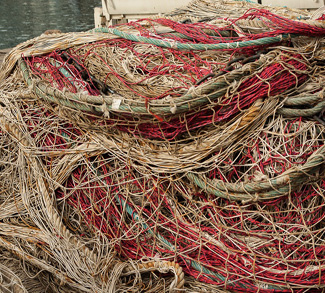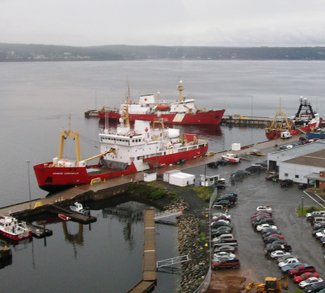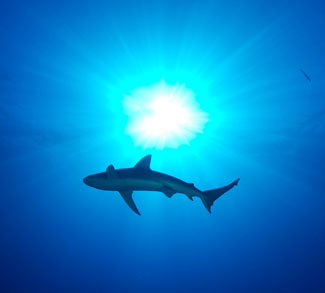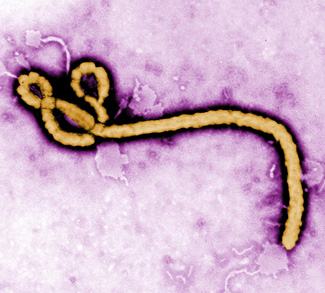Few bookmakers or policy shapers could have predicted that the Philippines would win such a dramatic legal victory in last week’s landmark ruling from the Permanent Court of Arbitration in The Hague, against China’s claim to the seizure of the Scarborough Shoal in the South China Sea.
The five judge tribunal’s unanimous decision packed in the voluminous 501-page document hit China broadside like a typhoon and amounts to nothing short of an unequivocal rejection of Chinese claims in the contested sea. Of course, the hardest blow for Beijing was the Tribunal’s conclusion that “there was no legal basis for China to claim historical rights to resources within the sea areas falling within the ‘nine-dash line.’”
The timeliness of this decision created a policy buzz about a myriad of issues from militarization, capacity building, legal challenges, enforcement and ecological security at last week’s Center for Strategic & International Studies (CSIS) 6th annual South China Sea conference held in Washington, DC.
Keynote speaker Daniel J. Kritenbrink, who is senior director for Asian affairs at the National Security Council, restated Washington’s recognition of how China has been challenging the international order established by the United States more than 70 years ago, and how it’s vital to respect America’s commitment to freedom of navigation in and overflight above the South China Sea.
Of course, observers and panelists knew in advance that China would summarily reject the PCA ruling but there were many questions about what’s next and that includes ASEAN’s much needed response, a response that may be tested this week at the 49th ASEAN Foreign Ministers meeting held on July 21-26 in Vientiane, Laos.
The Hague’s watershed ruling will provide much more than background noise for the gathering of ASEAN’s ministers. It may force members to choose between China and the U.S. The CSIS program offered both a prologue and possible prescription to undertake during the scheduled ministerial-level meetings. What’s clear is that both ASEAN and the U.S. remain at best skeptical of China’s propaganda and public promises of non-hegemonic ambitions; but not blind to China’s security concerns, including the need to feed its people.
“The Chinese government has repeatedly said that it will not recognize any ruling. But it has also worked hard since Manila brought the case in early 2013 to get the Philippine government to drop it. That is because being branded an international outlaw will involve significant reputational costs for Beijing. It will undermine China’s narrative that it is a responsible rising power that deserves a greater hand in global governance,” stated, Greg Poling, CSIS director of the Asia Maritime Transparency Initiative.
Although the environmental panel was the last presentation of the program, there’s increasing attention paid to the region’s environmental insecurity in the form of degradation in coastal breeding habitats, coral reef destruction, climate change, biodiversity loss and fisheries depletion to name but a few.
Professor John McManus from the Department of Marine Biology and Ecology at the University of Miami, an internationally recognized coral reef specialist, has been patiently and purposefully presenting a case for an international peace park in the contested region. His passionate presentation outlined how the region is headed towards a major fishery collapse if there is no adoption of a freeze on claims and no joint resource management.
Food security and renewable fish resource challenges are fast becoming a hardscrabble reality for more than fishermen. With a dwindling fish catch in the region’s coastal areas, fishing state subsidies, overlapping claims of exclusive economic zones, and mega-commercial fishing trawlers competing in a multi-billion-dollar industry, the decline of fish is one of the issues at the heart of this sea of troubles.
The United Nations Environmental Program confirms that the South China Sea accounts for as much as one tenth of global fish catch, and that China will represent 40 percent of global fish consumption by 2030. Overfishing and widespread damage to coral reefs necessitate a science-driven policy intervention to safeguard the stewardship of this vital sea.
“We are headed towards a major fishery collapse and this environmental catastrophe will impact hundreds of millions of lives; it’s time to act now,” exclaimed McManus.
The Spratly Islands’ immense biodiversity cannot be overlooked. The impact of continuous coastal development, escalating reclamation, and increased maritime traffic in the sea calls for marine scientists and policy strategists to study the sustainability of the biological seascape and to navigate the development of science diplomacy.
McManus’s power point slides along with that of fellow marine scientists, Dr. Edgardo Gomez from the Philippines and Taiwan’s Dr. Kwang-Tsao Shao, bolsters the science-focused urgency to establish a marine peace park or at the very least, to foster a sweeping conservation movement among all the region’s fishery associations.
Perhaps this week’s ASEAN meeting offers a clear opportunity and diplomatic roadmap for a unified response to The Hague ruling that includes a commitment to the Code of Conduct, a respect for international law, and a peaceful resolution of disputes.
With more marine scientists from all the claimant nations and others from ASEAN, in agreement that there’s a fishery collapse unfolding, than there’s more than sufficient common ground to address food security in the region. Looking out over the next several years to 2020 and beyond, the dual challenges of rising demand from growing populations and economies, are in a direct collision course from over exploitation, pollution, habitat destruction, and climate change.
Furthermore, the number of coral reef and fish species in these contested waters has declined precipitously to around 261 from 460 species, and the list of critically endangered species now includes Green turtles, giant clams, and Hawksbill turtles.
McManus, Gomez, Shao all point out that many of the coral reef fisheries along the coasts of the South China Sea have been heavily overfished, especially along the coasts of southern China, Vietnam, Malaysia, and the Philippines. The evidence shows that harvests of adult fish have been in a steady and steep decline. They all suggest that offshore reefs may be critical to preventing local extinctions of targeted fish species.
For ASEAN, the South China Sea links their global economies, remains an energy shipping route and provides the essential sea lanes between Southeast Asian islands. With increasing clashes among fishing vessels in the contested region, ASEAN leaders may be taking notes on how to reduce fishing incidents rather than to resorting to sending more fleets into the commons.
For many observers, it’s odd that while ASEAN countries quickly reached a consensus to issue statements to address the terror attacks in Istanbul and Dhaka, they have failed to be united on the international tribunal’s ruling.
Perhaps a few of these suggested confidence building measures might be taken up by ASEAN leaders at the scheduled meeting in Laos:
- Expand science cooperation among all ASEAN marine scientists.
- Establish complete freedom of scientific investigation in the contested atolls and reclaimed islands.
- Place aside all territorial claims.
- Draw upon the shared expertise of the Asian Fisheries Society.
- Renew the operations of the ASEAN Institute for Peace and Reconciliation (APIR).
- Create a regional Marine Science Council to address environmental degradation issues.
- Foster dialogue for a proposed marine peace park.
- Propose a science-led committee to examine the Antarctica Treaty as a possible model for the South China Sea.
ASEAN does recognize the importance of fisheries to food security and to the economy. Because China has become the world’s top producer and exporter of fishery products, there’s more responsibility for them to operate in alignment with shared sustainable practices among their ASEAN neighbors.
If there are to be any fish left in the contested sea, an ASEAN ecological agreement – led by Brunei, Malaysia, the Philippines, and Vietnam – can steer others to unite around a proposed international peace park or at the very least, a cooperative marine protected area situated prominently in the Spratlys. It’s the first step in supporting trust and confidence among neighbors and in implementing a common conservation policy.
James Borton is a faculty associate at the Walker Institute at the University of South Carolina and a senior fellow at the US-Asia Institute in Washington, DC. He has edited, The South China Sea: Challenges and Promises.
The opinions, beliefs, and viewpoints expressed by the authors are theirs alone and don’t reflect any official position of Geopoliticalmonitor.com.




